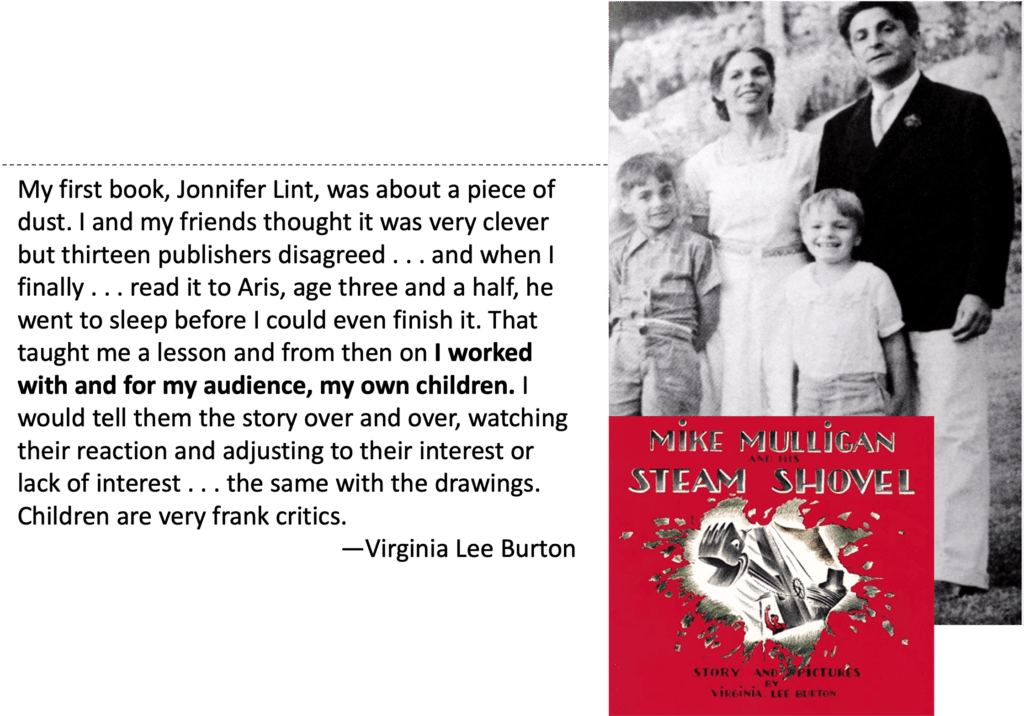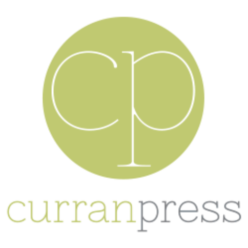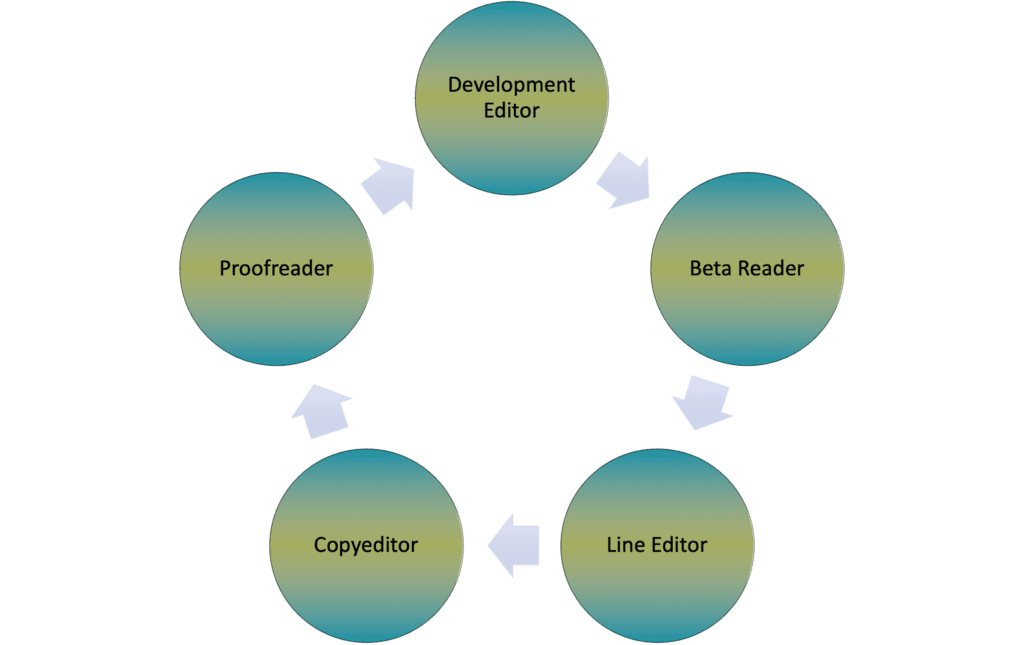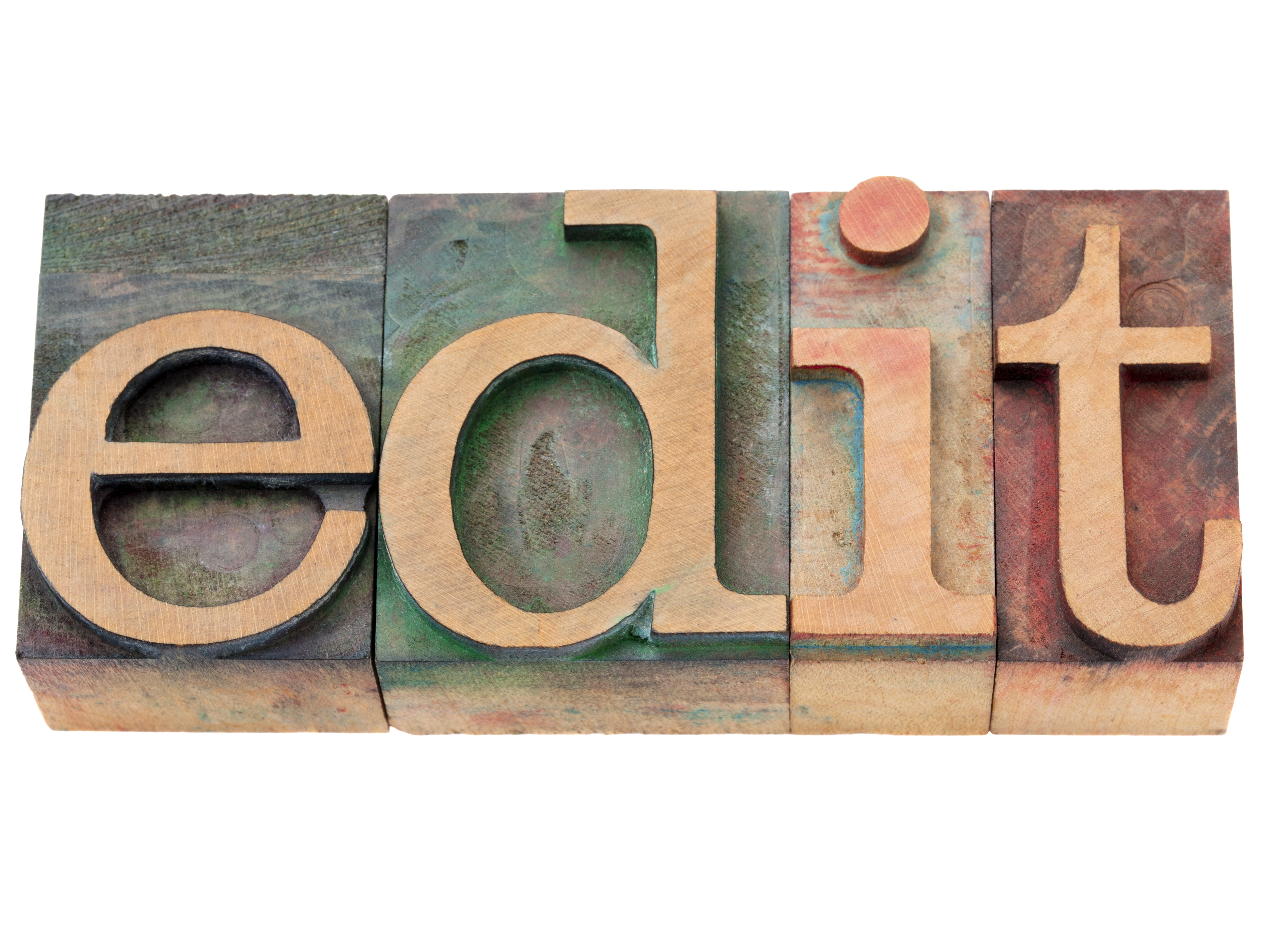You most often hear about book reviews AFTER a book has been published. But reviews BEFORE your book is final can be invaluable to your rewriting process.
Reviewers can come from many different spaces.
- Content experts
- Target audience
- Bloggers who discuss topics relevant to your book
- Educators
- School librarians
- School guidance counselors
- Social workers
- Children
- Parents
- Grandparents
- Veterans
Whoever they are, they could be your first fans and your first customers!
Virginia Lee Burton is one of my favorite children’s picture book authors. She read her books over and over again to her intended audience until she got the book right. Her audience were her own children. Her strategy was brilliant!

As you go through your writing and editing process, you can ask reviewers to read your work, answer a few targeted questions, and give you feedback—at different stages! The questions you ask can be general or very specific to something tricky you’re struggling with. Just keep it to no more than 5-6 questions.
Perhaps you want a librarian friend to read your book early on in the manuscript writing process. Hopefully that person will give you honest feedback to substantively improve the quality of your book. Take their review seriously and make changes to your book accordingly. Since they are your friend, they will also be sure to read it at a later phase—regardless of their opinion early on. Perhaps they didn’t like your book at an early manuscript phase, but if later edits reflect their input, they’ll be happy you asked them to help and they should be pleased with the work you’ve done to improve your book. This could come before the development edit phase.
You can also ask your favorite blogger (whom you want to blog about your work when the time comes!) to read it closer toward the finish line when your book is closer to being ready. Since you don’t want to alienate a stranger to an early phase of your book, be sure they’re reading a more finished version. Hopefully they’ll still have good input that you can use to improve your book.
And since every reviewer is going to have their own perspective, it’s best to solicit reviews from multiple people. 4-6 at each review stage is best. You may find that you thoroughly disagree with all the reviews you receive, and that’s okay. But really listening to them and being honest with yourself will help you as you rewrite your book.
As author Danielle Wilkinson rewrote her Nina Puppalina series, she solicited reviews from a well-known dog trainer. What she learned from the review had a significant impact on her rewriting process.
To solicit honest feedback, you’ll want the reviews to be anonymous. Especially at the early stages of your rewriting process. Many of your friends might not be totally honest with you. Or perhaps they’ve never critiqued a book and, even though they may be a person with the expertise you need, it’s just not in their nature to read your book with a critical eye. Even a stranger that is not a regular book reviewer might have a hard time being honest when sharing their thoughts directly with an author. Having an unbiased party solicit and collate reviews for you will yield the most honest results. Or you can utilize an online tool such as surveymonkey.com.
When the time comes to ask strangers such as bloggers to review a final manuscript, it’s a good idea to personalize your solicitation in some way and to create a relationship with that person. You would likely not want that to be anonymous. If the review is good, you’ll want to use that in your marketing.
Reviews coinciding with the launch of the book is another topic to be covered another time!





